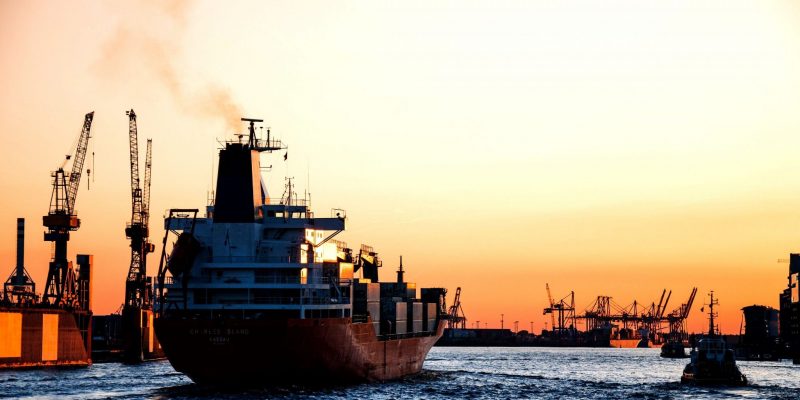In April 2018, the International Maritime Organization (IMO) reached an agreement to reduce greenhouse gas emissions from the maritime sector by at least 50% by 2050.
To achieve this goal, new regulations will come into force on January 1, 2020 setting the maximum sulfur content threshold in fuels at 0.5%, compared with 3.5% currently.
This new standard will oblige shipowners to invest in equipping their vessels, or to source fuel with a lower sulfur content, which is more expensive than conventional fuel oil. Whichever option they choose, these changes will have an impact on ship operating costs and, in turn, on shipping costs.
Shipping companies have just announced the application, from December 1, 2019, of a surcharge called LSS (Low Sulfur Surcharge) or EFF (Environmental Fuel Fee), the amount of which varies according to the type of container and the distance traveled.
Shipowners have based their calculations on the difference between the average price of low-sulfur fuel and high-sulfur fuel in October 2019. As an example, the value used by CMA CGM is USD 200 per tonne, multiplied by the trade coefficient.
Consult the available surcharges:
– CMA CGM
– Maersk
– MSC*
*MSC rates include BAF.
To comply with this IMO 2020 standard, shipowners have 3 options:
- Install scrubbers: this option allows them to continue using their current heavy fuel oil, but with the addition of exhaust gas scrubbers. Installation costs are estimated at between $5 and $10 million.
- Using liquefied natural gas: The second option is to turn to alternative fuels such as liquefied natural gas (LNG). But this option remains marginal: it is not suitable for all shipping lines, since it requires a specific supply infrastructure.
- Use low-sulfur marine fuel oil: the most obvious choice is to use fuels that comply with the new regulations: marine fuel oil with very low sulfur content or marine diesel. This fuel is 50% more expensive than the heavy fuel oil currently used.

